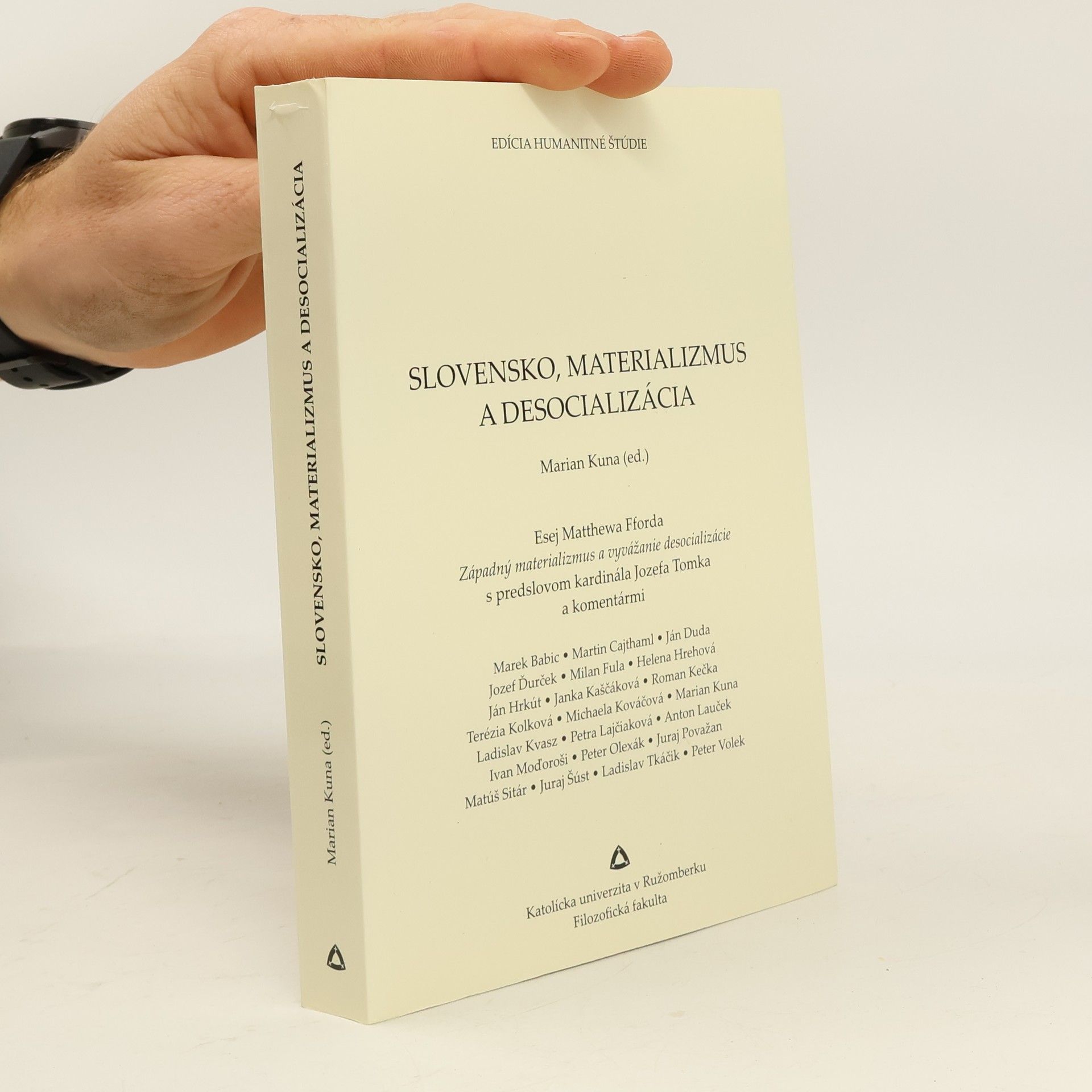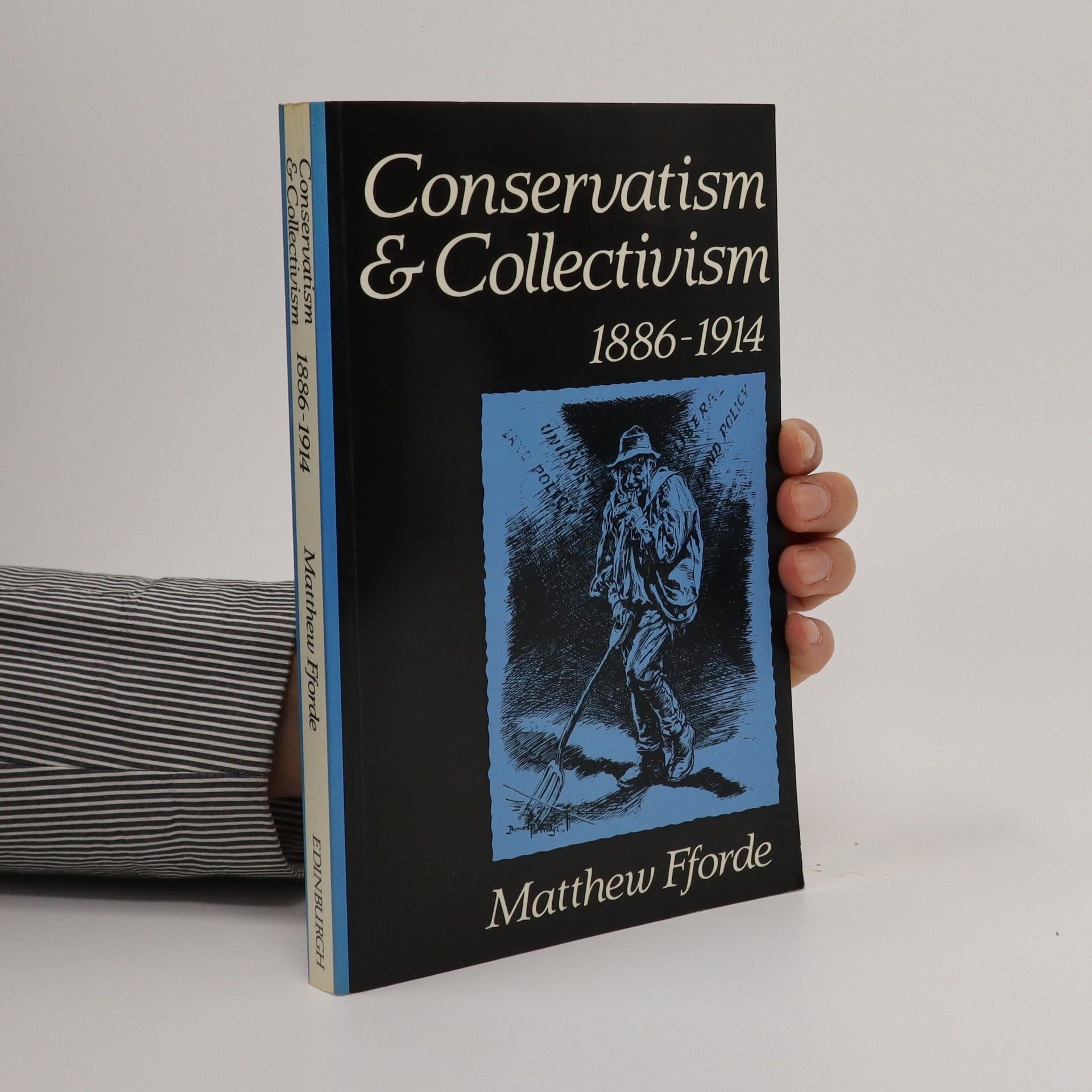The book addresses the growing epidemic of loneliness in contemporary society, particularly in the West, highlighting its impact on individuals who suffer from 'lonely modernity.' It proposes a novel initiative to combat this issue through pastoral care for loneliness, aiming to counteract the effects of the decline of Christian culture. By introducing a new social ministry, the author seeks to provide support and connection for those grappling with isolation and unhappiness in today's world.
Matthew Fforde Livres






The early 20th century saw a tremendous growth of collectivist activity in the UK, with the formation of "new" Liberalism, the Labour Party and trade unions. This account of the Conservative Party's response to the collectivist challenge describes how the Right sought to halt the new growth.
Desocializácia : kríza postmodernity
- 384pages
- 14 heures de lecture
V kresťanskej kritike postmodernity, ktorej je venovaná táto kniha, si vzal autor Veľkú Britániu ako objekt prípadovej štúdie mnohých trendov, ktoré sa v súčasnosti šíria. Ich hnacou silou je z jeho pohľadu strata väzieb medzi ľuďmi, ako aj materialistické vízie človeka (vrátane relativizmu), ktoré popierajú existenciu duše a vytvárajú životný štýl sebeckého individualizmu.Upozorňuje na rozklad rodiny, utrpenie detí a mladých ľudí, zmätok v oblasti sexuality, vysokú úroveň kriminality a násilia, pokles dôvery medzi občanmi, rekordný počet uväznených, enormný nárast počtu osamelo žijúcich ľudí, odcudzenie sa politickým inštitúciám, úpadok dobrých spôsobov a epidémiu depresií. Vo svojej výzve na kresťanskú obnovu autor uvádza závažné dôvody na duchovnú cestu k regenerácii spoločenstva.